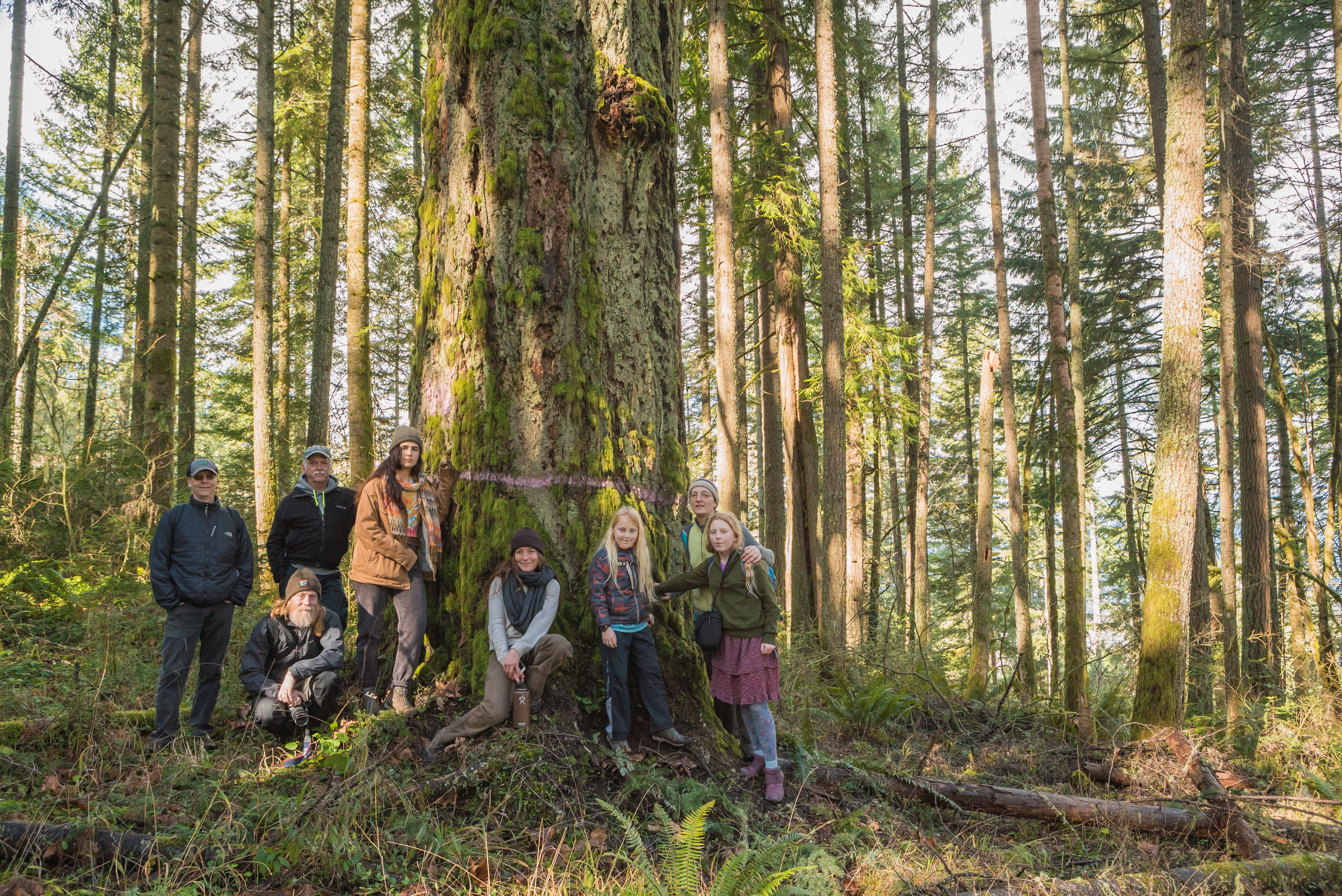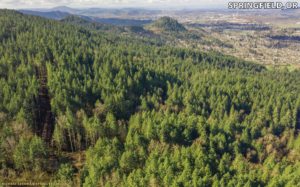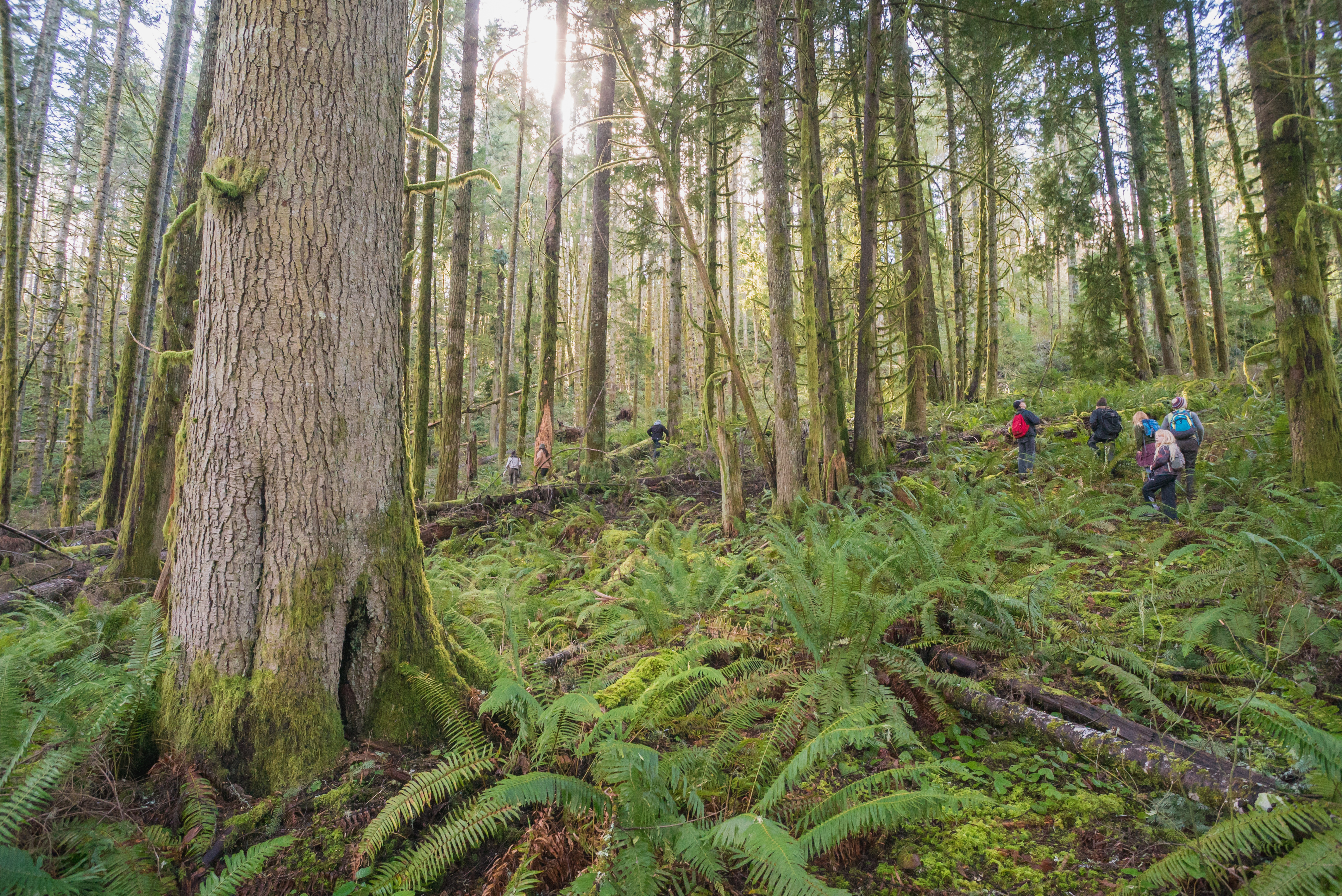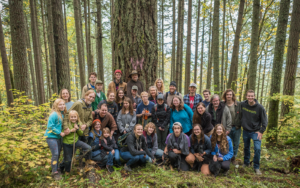Thurston Hills aka “Pedal Power” Timber Sale is next to Springfield, OR Neighborhood: The Thurston Hills or “Pedal Power” timber sale was proposed near a Springfield, Oregon neighborhood.
We successfully blocked this terrible plan. Twice.


The Thurston Hills timber sale would have resulted in extensive “regeneration harvest” (all but clearcutting) of 109-acres of middle-aged forest immediately adjacent to Willamalane’s recently opened 655-acre Thurston Hills Natural Area. Next to a neighborhood on 79th Street in Springfield on one side and to the new trails on the other, this Bureau of Land Management parcel is the closest federal public land to our urban area.
Cascadia Wildlands and Oregon Wild successfully challenged this project in Court.
The Bureau of Land Management now admits that this project will increase fire risks and hazards to the adjoining Springfield residences, but the agency is attempting to dismiss the importance of these risks. Further, the Bureau of Land Management has designated areas for trails, but plans to log directly over them. Not only is this an open insult to Eugene and Springfield’s vision for trail connections between the two cities, but also would likely prevent the area from qualifying for regional running and mountain biking competitions that local schools and organizations were hoping to host.

Sale History:
The Bureau of Land Management introduced plans to log this area in June of 2018, and the plan met immediate community resistance. For the next year, Cascadia worked with conservation partners and Thurston area neighbors to organize public hikes, town hall meetings, do door to door canvassing and file a legal challenge to this sale.

On September 19th 2019, Judge Michael McShane of Oregon’s district court ruled in favor of Cascadia Wildlands and co-plaintiff Oregon Wild’s legal case, determining that the Bureau of Land Management violated federal laws when it sold off the 100 acres of public land in the Thurston Hills sale for clearcut logging. Siding with conservationists, recreationists and many Thurston Hills residents, the court ruled that clearcut logging would increase risk of wildfire for nearby communities, and that the Bureau of Land Management must adequately disclose those risks in their planning documents.
In February of 2020, the BLM re-introduced plans to clearcut the Thurston Hills area, which Cascadia Wildlands and community members are currently fighting once again.
On July 17, 2020, the Bureau of Land Management moved forward with its decision to clearcut the Thurston Hills recreation area on the outskirts of Springfield despite objections from local residents, mountain bikers, and conservation organizations. The logging will not only degrade the proposed recreation trails, but will also increase wildfire danger for the local community.
On January 28, 2021, our former legal intern Parker Jones argued our second case (on behalf of Cascadia Wildlands and Oregon Wild) challenging this logging project. Magistrate Judge Mustafa Kasubhai of the Oregon District Court asked lawyers for the agency a series of probing questions and spent three hours delving into the facts and merits of the case in a spirited back and forth with counsel. We look forward to an opinion soon.
On June 4, 2021, a major victory is secured for this campaign. For the second time in three years courts ruled in favor of community over corporate greed. This logging proposal, slated to clearcut over 100 acres of forest from the Thurston Hills designated recreation area on the edge of Springfield, has been deemed illegal by a federal judge. The Court’s Findings and Recommendations come after years of campaigning by affected landowners and wildlands and recreation enthusiasts working alongside attorneys litigating on behalf of Cascadia Wildlands and Oregon Wild. Landowners living adjacent to Thurston Hills and citizens of Springfield and Eugene have opposed the project since its inception, due to the increased risk of wildfire and the diminished recreational value that clear-cut logging would bring to the area.
